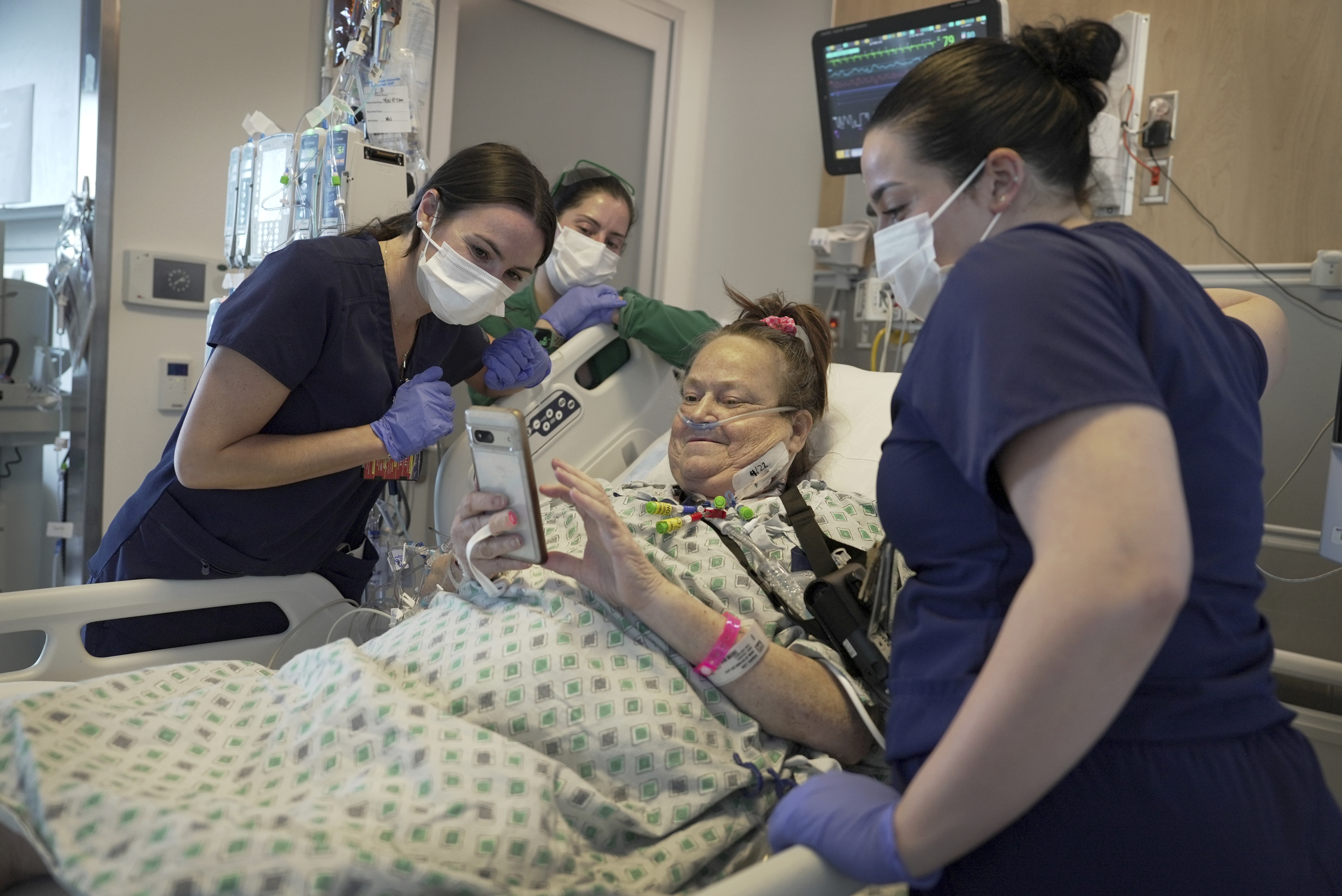Three years ago, I was diagnosed with celiac disease, or the intolerance to gluten. Doctors had a difficult time diagnosing me because each case is different and the symptoms (excessive fatigue, stomach pains, diarrhea) are so common of other ailments, especially of irritable bowel syndrome.
No one could understand why I was sleeping close to 20 hours a day, or couldn’t eat food without profusely sweating and experiencing excruciating abdominal pains. Upon my diagnosis, it was also determined that I was lactose intolerant, which is a side effect of celiac disease, and suffered from severe vitamin deficiencies, including anemia.
So what’s the cure? Well, there isn’t one. I have to instead take preventative measures and avoid foods containing wheat, barley and rye. Here’s a list of my favorite foods that went out of the window: beer, pizza, pasta, gnocchi, chicken nuggets, mozzarella sticks and bread (French loafs and sourdough, in particular). Oh and did I mention beer?
The National Foundation for Celiac Awareness explains that celiac disease is an autoimmune digestive disease, which is why people like me can’t take a pill to relieve symptoms. When a person with celiac eats gluten, the villi of the small intestine is damaged and the body attacks itself. Hence, this being the reason why I never had enough energy to, really, just stay awake.
There are over 300 signs of the disease, which is a reason why it’s so difficult to diagnose based on symptoms alone. Skin rashes, headaches, depression, tingling and numbness, constipation and gas are among the symptoms. The foundation offers a helpful checklist to help determine if you display signs of the disease and if you should consult with a doctor.
If you do display symptoms inclusive of celiac disease, then your doctor should order the following blood tests: total IgA, IgA antitissue transglutaminase (tTG) and IgA antiendomysial antibody immunofluorescence (EMA). Contingent upon the test results, your doctor may also order the IgG tTG test and antigliaden IgG. Be cognizant that these tests must be conducted while on a gluten-based diet (and not a gluten-free diet; otherwise, test results won’t pick up anything).
For a 100 percent definitive diagnosis, it’s strongly advisable to undergo a colonoscopy. Request one if the tests come back positive or even borderline for the disease to confirm that celiac disease is really the issue at hand. Sure, colonoscopies aren’t the most pleasant of all tests, but it’s what needs to be done. Let’s just say it’s worth the assurance of an accurate diagnosis.
Health
Awareness of celiac disease is rising as more and more Americans are pinpointing the source of their symptoms. According to the foundation, over 3 million Americans have the disease but only 5 percent have been correctly diagnosed. It’s an especially disturbing statistic for me, considering the fact that pre-diagnosis, I didn’t know what was happening to my body. I just knew that it was shutting down.
Three years after my diagnosis (and after three years of being gluten-free), my quality of life has skyrocketed. I’m no longer mentally foggy, and I’m able to sit down and eat a meal without wondering when my abdominal attacks will occur. My depression has lifted, and I have enough strength to dress myself in order to leave the house. I’m mentally and physically healthy. In other words, I’m living a normal life.
Sure, it’s not easy to maintain a gluten-free diet. It’s hard when friends order pizza and beer, because I remember how very awesome those foods tasted. But when they ask me how I abstain from pigging out, I explain (in a series of questions, really) that it’s like this: you know how you feel when you want one slice of cake? So you go and bake a whole cake just for that one slice? But then you ice the cake and eat the whole pan? And afterward, you feel so sick and absolutely hate the thought of cake thereon out?
Well, I say, that’s how I feel about gluten, because I view it as poisonous to my body. I don’t really even think twice about living a gluten-free life now, because I’m so used to knowing what foods I can and can’t eat. It’s like second nature for me to pass on that breadstick.
So if you just read about the symptoms of celiac disease and thought, “That could be me, but I can’t go through another test,” I strongly urge you to seek out your doctor and request blood work to test for the disease. I cannot put enough emphasis on the significance of requesting one more test, other than to say this: that one test led to that one diagnosis that gave me back my entire life.



